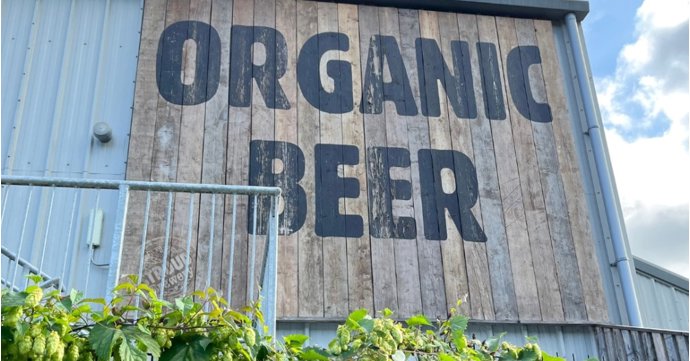Offering an extensive range of opportunities, from Level 2 diplomas right up to degree level qualifications in sectors spanning engineering, construction, hospitality, professional services and even cyber security, apprenticeships are a fantastic way to learn new skills, with a whole host of benefits for businesses, too.
Despite the pros, some Gloucestershire businesses still haven't embraced apprenticeships to the fullest. SoGlos explores some of the most common misconceptions to show just how broad the scope of apprenticeships is — and how embracing them could benefit your Gloucestershire business.
Apprenticeships are for only for school leavers
Dawn Morgan, business development manager (IT & cyber, business and professional services) at Gloucestershire College says that many companies still believe apprenticeships are only for school leavers, not realising they are open to anybody aged 16-plus.
She said: 'We help train over 1,200 apprentices a year. Our goal is to help companies meet their skills needs — by either bringing in a new apprentice, for which we offer free recruitment support, as well as providing existing staff with development opportunities through industry recognised qualifications.'
Apprenticeships aren’t relevant for my business

While some businesses might not feel apprenticeships are relevant, encouraging employees to upskill drives positive change, helping to foster a more inclusive culture, which in turn creates opportunities to improve the quality of the products or services on offer — a win win situation!
Alan
Mulrooney, business consultant (catering and hospitality) at GC said: 'Apprenticeships are an exciting option for any sector
as the apprenticeship offer has become increasingly versatile. Even if your
business isn’t thinking in this way — more and more talented people are,
including people looking for progression within your organisation!'
Apprenticeships aren’t for current employees
Encouraging apprenticeships promotes a culture of learning and continuous improvement in your business, which can lead to ongoing innovation and productivity improvements. Not only this, it also fills short-term skills gaps; nurtures long-term future leaders; and creates a workforce that’s prepared to meet future challenges.
Gloucestershire College business consultant (construction and charity organisations), Jade Wilce, said: 'Not all employers realise that apprenticeships are an
effective way to upskill existing staff. We work with many organisations who
use apprenticeships to fill key skill gaps in their business, boost employee
motivation and improve retention rates.'
Apprenticeships are expensive

The government's Apprenticeship Levy requires businesses with an annual pay bill of more than £3 million to make a monthly contribution to a 'pot' of money which can then be used to finance training opportunities — so if your business is already paying in, it makes sense to make the most of it.
Richard Thorogood, business consultant (education, electrical, local authorities, housing) at Gloucestershire College, said: 'Many employers are still unaware of government funding available for apprenticeships, which often means training costs are minimal. Many large employers still don’t utilise the money they already pay towards the government’s apprenticeship levy scheme. Rather than let it be wasted, this money could be used to train existing members of staff as part of CPD and staff training.'
Apprentices do not stay with their employer once they are qualified
According to the National Apprenticeship Survey, apprentices tend to be very loyal to the business they trained with — and more motivated to learn new skills than other types of employees.
Sian Pirone, business consultant (engineering, motor vehicle, dental nursing, hairdressing and early years) at Gloucestershire College, said: 'In
our experience, 90 per cent of our apprentices stay with their employer after they’ve
completed their apprenticeship and enjoy career progression and other benefits.
I always say to employers that it is one of the best investments in the future
success of their business. Apprentices often become your most loyal employees.'




















